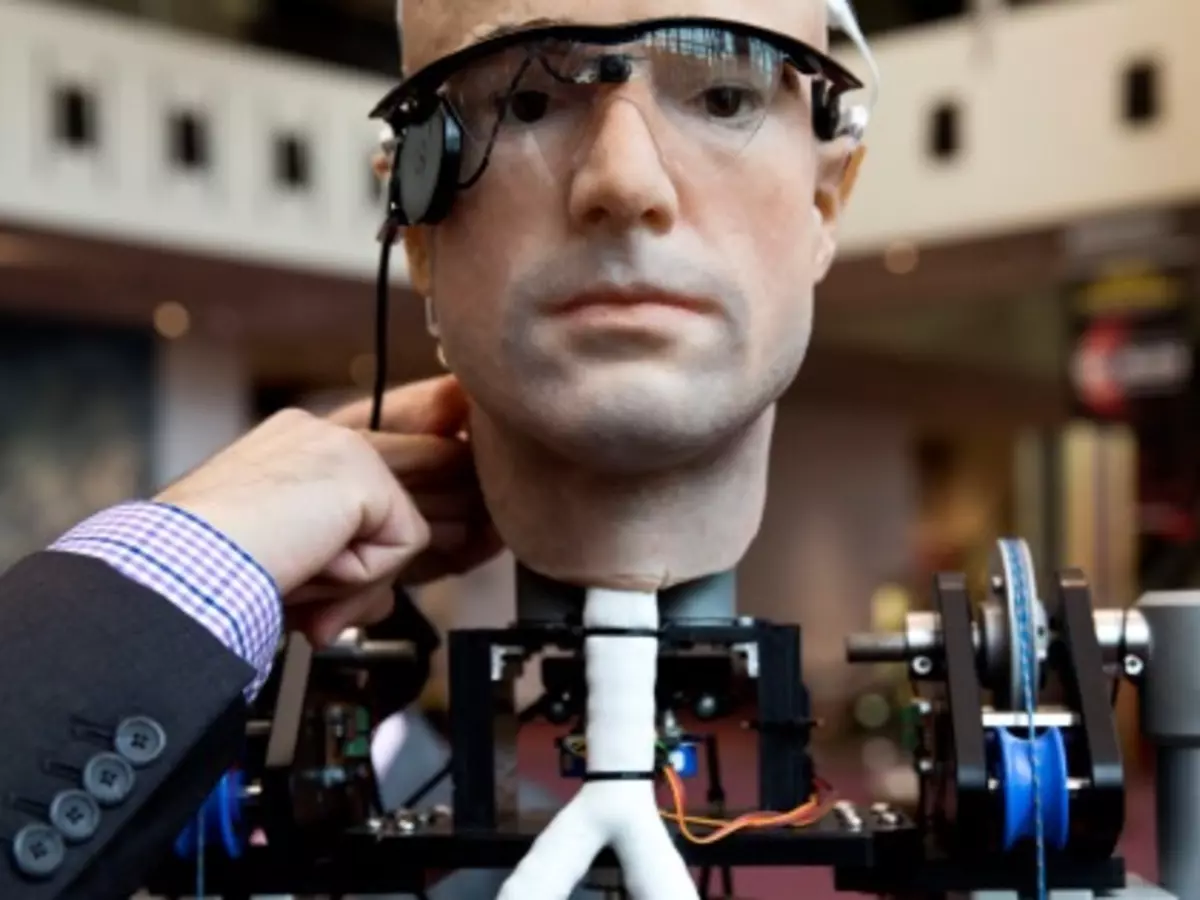Robots Will Leave 5.1 Million Of Us Jobless By 2020, Says World Economic Forum Report
The World Economic Forum has warned us that advances in robotics artificial intelligence 3D printing and other technologies are likely to lead to a loss of around 51 million jobs across the world by 2020. Without urgent and targeted action today to manage the near-term transition and build a workforce with futureproof skills governments will have to cope with ever-growing unemployment.

Technology might very soon end up biting the hands that feed it. Thanks to advancements in technology, we now have robots for practically everything. And that might be a problem. The World Economic Forum has warned us that advances in robotics, artificial intelligence, 3D printing and other technologies are likely to lead to a loss of around 5.1 million jobs across the world by 2020.

Reuters
According to the published report, "Without urgent and targeted action today to manage the near-term transition and build a workforce with futureproof skills, governments will have to cope with ever-growing unemployment and inequality ¡ª and businesses with a shrinking consumer base."

WEF
The estimate is based on surveys and data provided by 371 companies worldwide whose combined workforce include over 13 million employees across developed and developing economies. The biggest loser would be the office and administrative job sectors. The technological trends will eventually make many of the jobs in these sectors completely redundant. Other fields with major expected losses include manufacturing and production (1.61 million) and construction and extraction (497,000).

WEF
On the bright side, sectors like engineering and architecture will see a massive boost since there will be a need "to create and manage advanced and automated production systems." Even the "computer and mathematical sector" will benefit citing the need of data-crunching specialists so that they can adapt to modern disruptions.
Robotics, however, isn't the biggest reason for the hiring change. It's cloud and mobile technology. Even with the robots, the hiring trends will not change until 2018, respondents to the survey believe. They also believe that flexible work environments are the most impacting trend as mobile technology gives us access across the globe.
WEF, in its report, also warns that the new hiring trends don't really favour women because the sectors that are likely to lose most jobs are also the ones that hire most women. More than that, it also warns us of the constantly evolving nature of new industries' workforce demands. Like how a technical college's first-year lessons become outdated by the end of the four-year course.

WEF
As a counter to this problem, WEF also offers a vast list of recommendations for major companies to prepare themselves for the change in scenario. There cannot be any more "excuses" when it comes to diversity in hiring. The report also recommended companies to invest in "wholescale reskilling" for their current employees.

Reuters
They also urged the governments to update their schools and colleges for the new economy. The report says, "Two legacy issues burdening formal education systems worldwide are the dichotomy between humanities and sciences and applied and pure training, on the one hand, and the prestige premium attached to tertiary-certified forms of education¡ªrather than the actual content of learning¡ªon the other hand. Put bluntly, there is simply no good reason to indefinitely maintain either of these in today's world".
